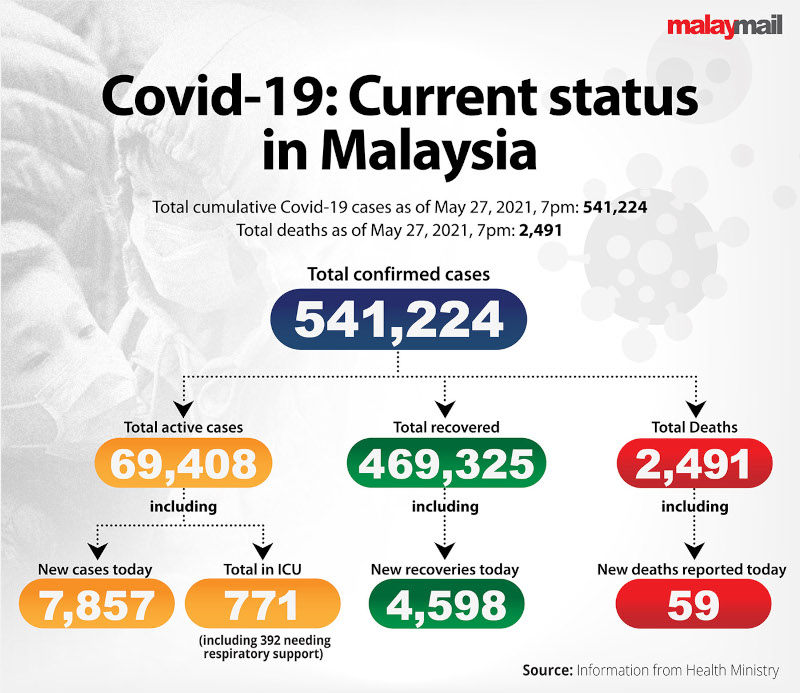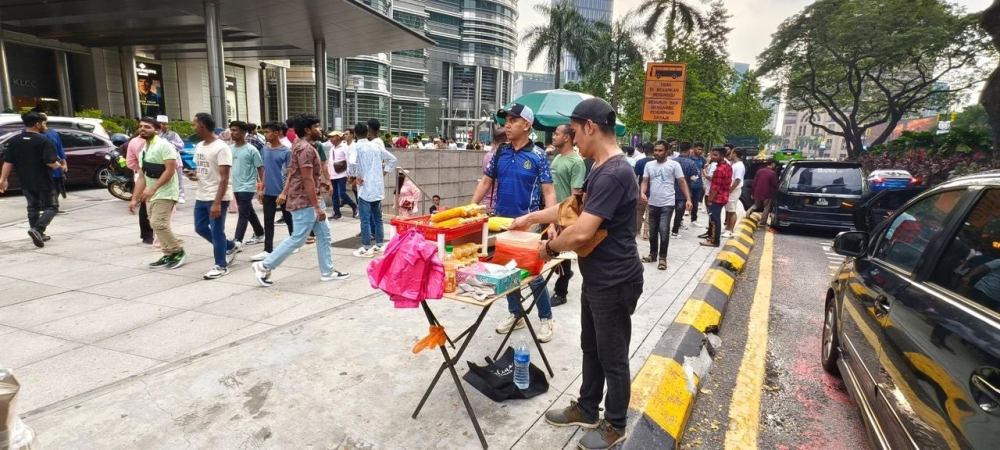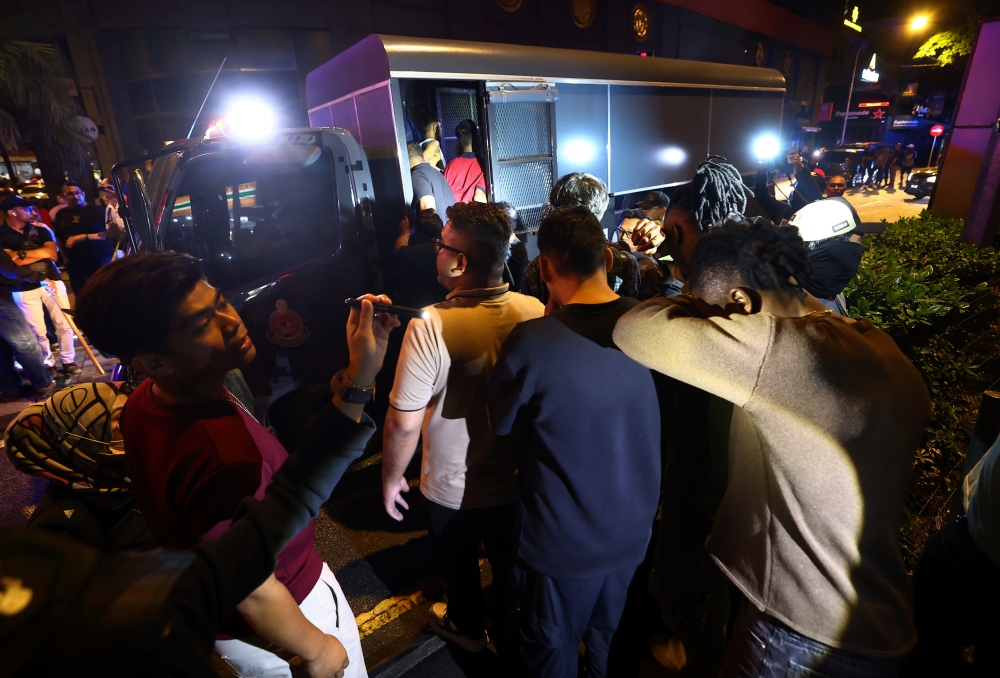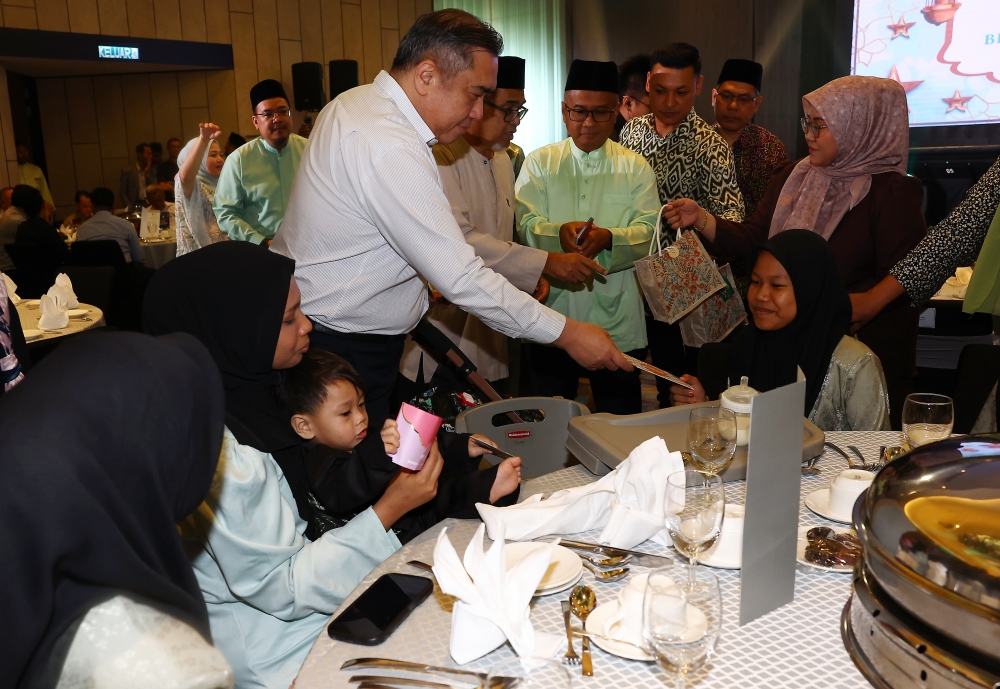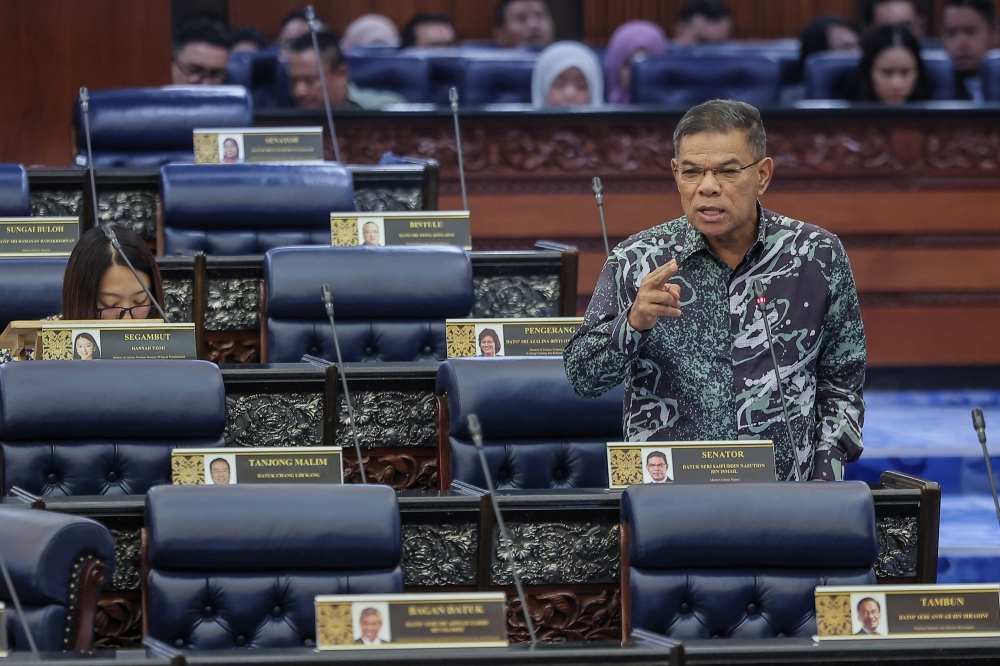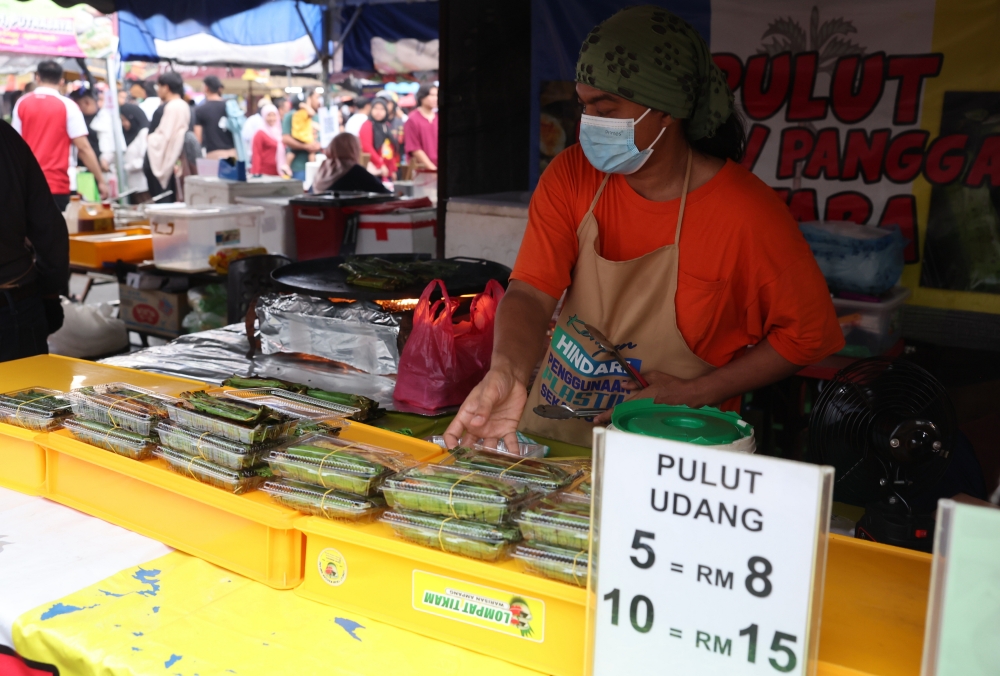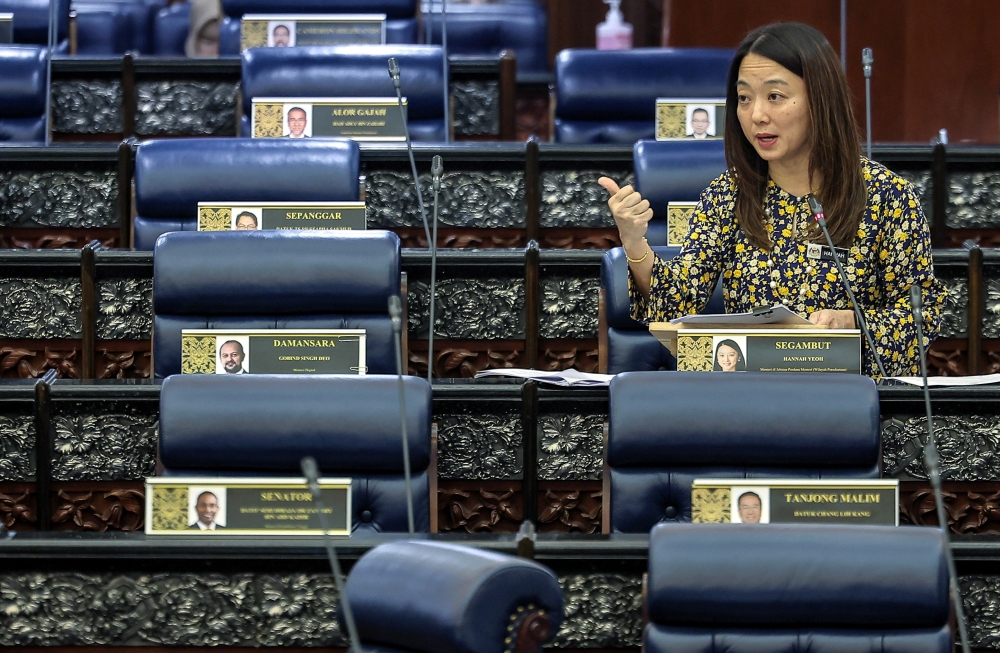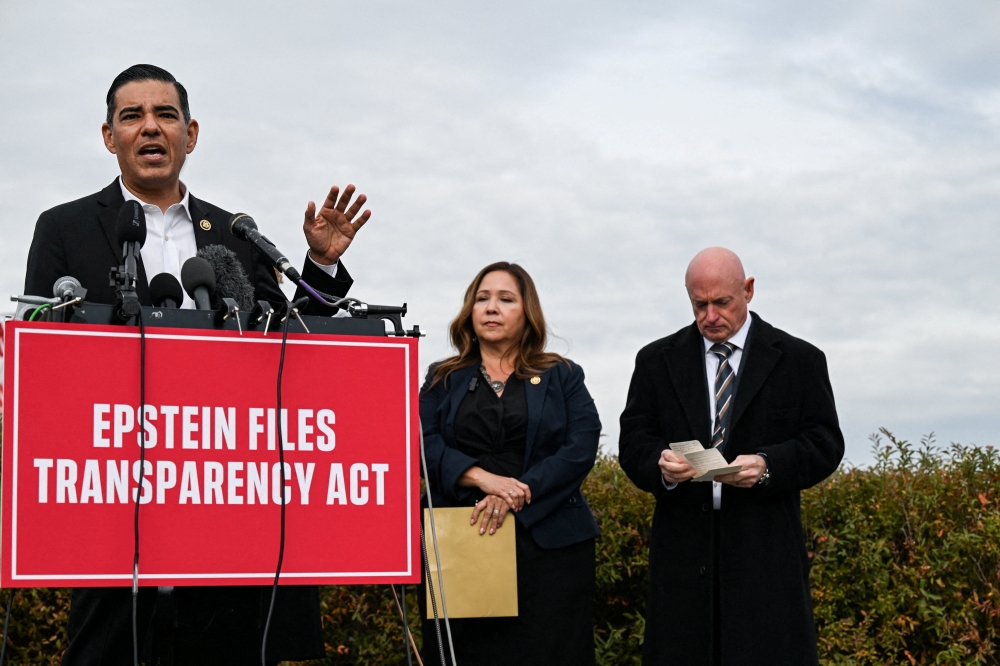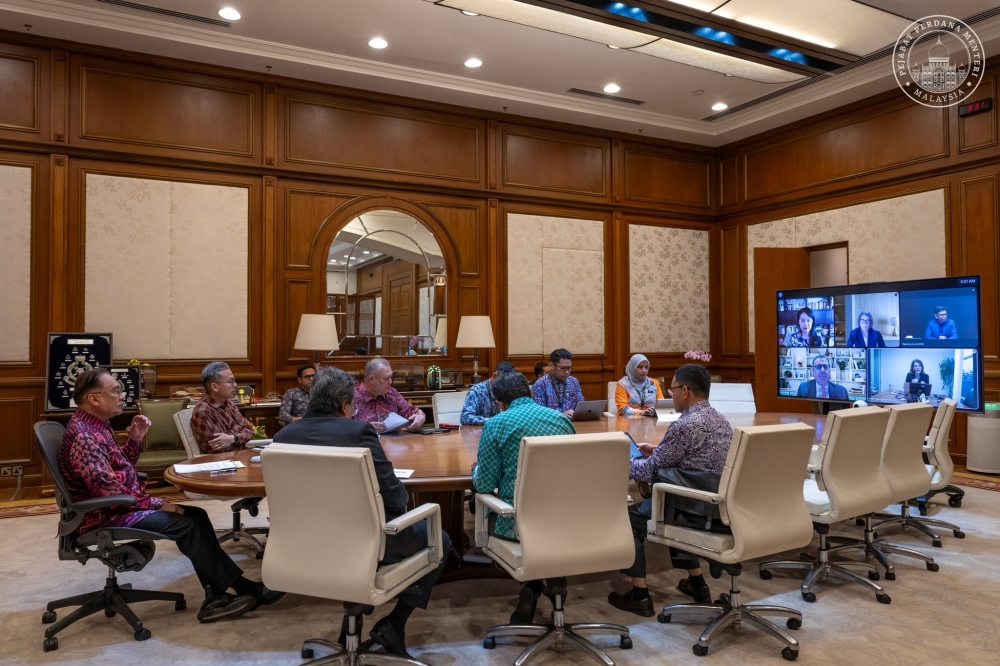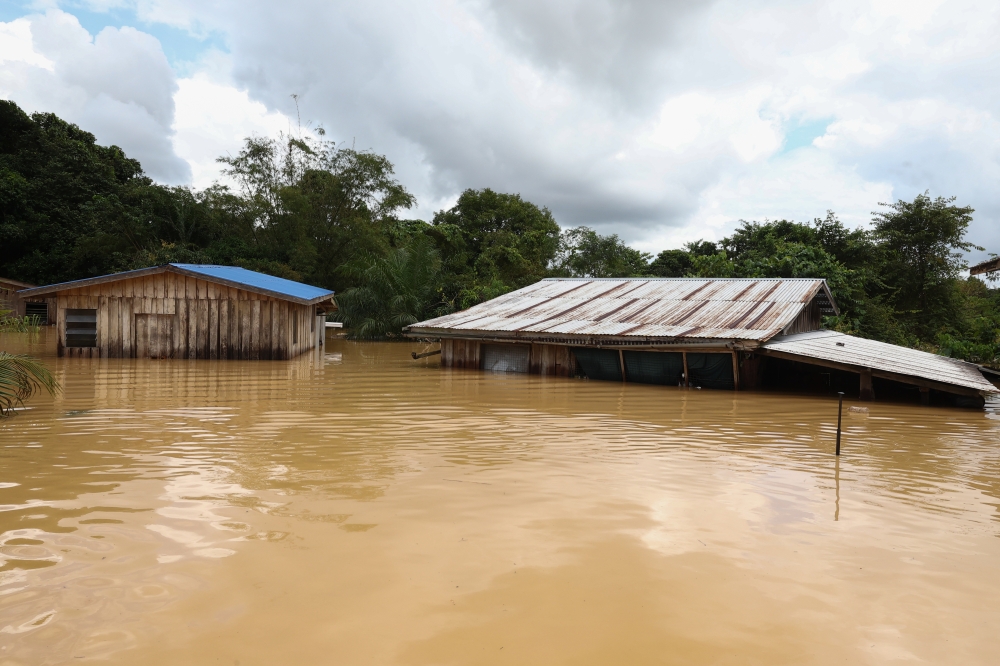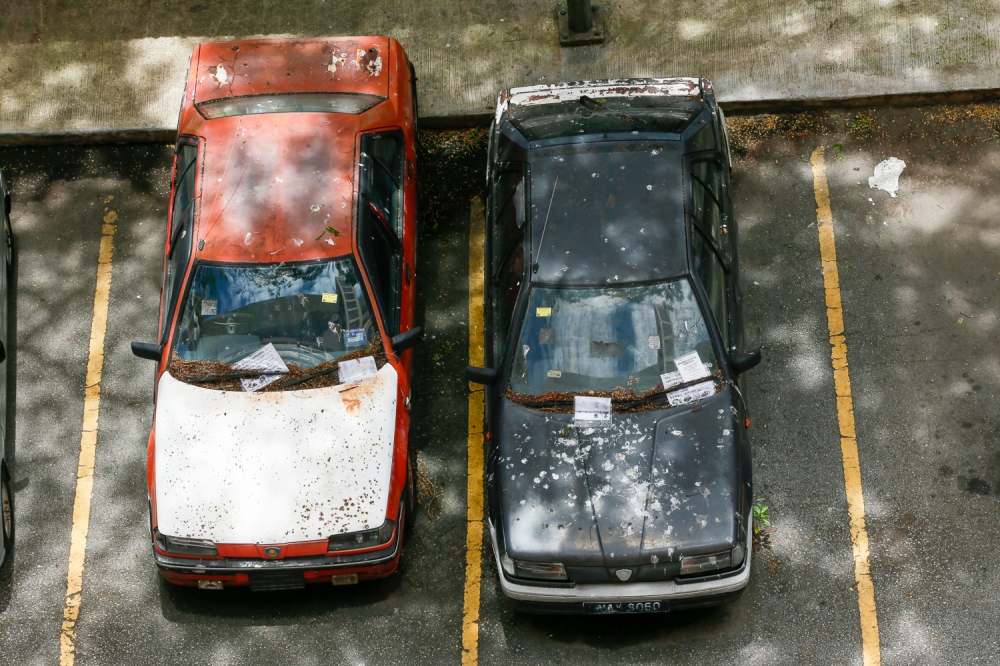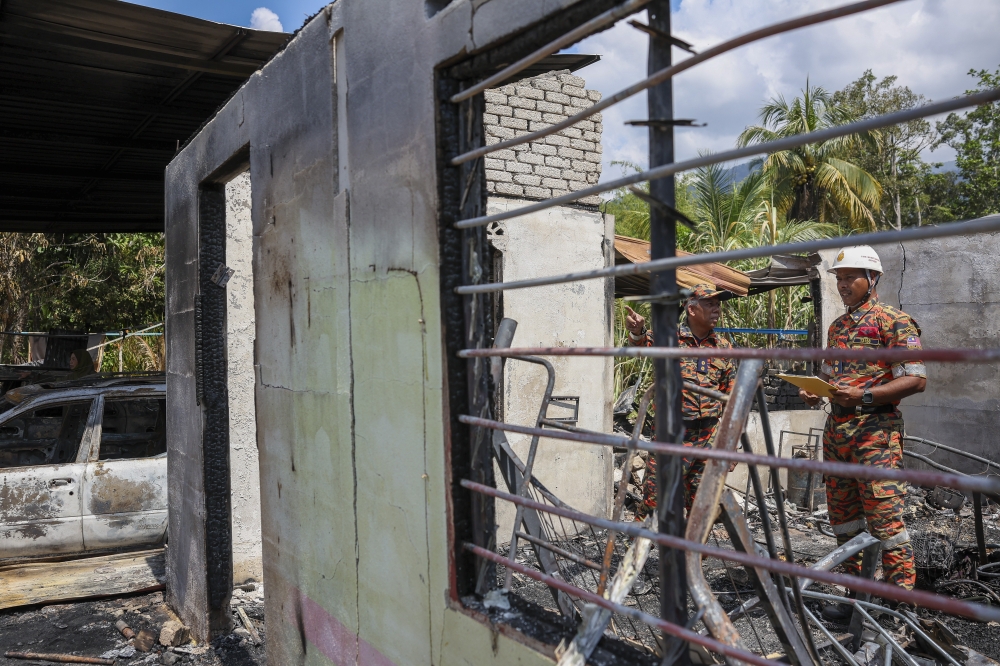KUALA LUMPUR, May 27 — Khairy Jamaluddin said he is targeting for Malaysia to administer up to 150,000 Covid-19 vaccinations per day once the vaccines start arriving in larger shipments next month
The coordinating minister for the National Covid-19 Immunisation Programme (PICK) said the Health Ministry has also secured another 12.4 million doses of the Pfizer-BioNTech vaccine to give the country a total of 44.8 million or enough for 70 per cent of the population.
“Malaysia will get 25,682,670 doses by the third quarter of this year from Pfizer. In June 2,223,000 Pfizer vaccines will be received by us in five deliveries of 444,600 doses per week.
“As for the Sinovac vaccine, we have been informed that all 12 million doses will be fully received by the end of July,” Khairy said during an online press conference today.
“As for AstraZeneca we’re expecting to receive 610,000 doses in June and 410,000 in July. With all these receipts, I’m aiming to have 150,000 individuals vaccinated per day in June.
“It will also lead to more vaccination centres opening. As such I hope the public who haven’t received their appointments will receive them in the months to come and this will be a guarantee to the public that the vaccine delivery is sufficient, faster and God willing we can speed up the vaccination process,” he said.
Apart from that, Khairy said health authorities were also considering whether to double the interval between the first and second doses of the Pfizer-BioNTech to six weeks for broader initial coverage.
However, he said this would depend on the effectiveness of a single dose against variants of concern (VOC) and how quickly these were spreading.
“This strategy will enable us to give the first dose to more people but it must be balanced with the emergence of the VOC. It could affect the vaccines’ effectiveness.”
Khairy said the data showed that one Pfizer dose provided 33 per cent protection against the B.16172 India variant whereas two doses gave up 88 per cent protection.
“Hence despite this strategy being a good one, based on the quality of the protection towards this variant it is lower. So we will look at the prevalence in the localities and if it's low, we can increase the interval.
“However, if the prevalence of VOCs is high, we feel it is best to maintain the three-week gap in doses. These are also based on how other countries are handling the situation and one dose is not enough to protect against this variant,” he added.
Adding to that, Khairy also said that from June 1, media personnel would be contacted for vaccination appointments.
However, he advised those who have already secured vaccinations appointments through other programmes to proceed with these.
